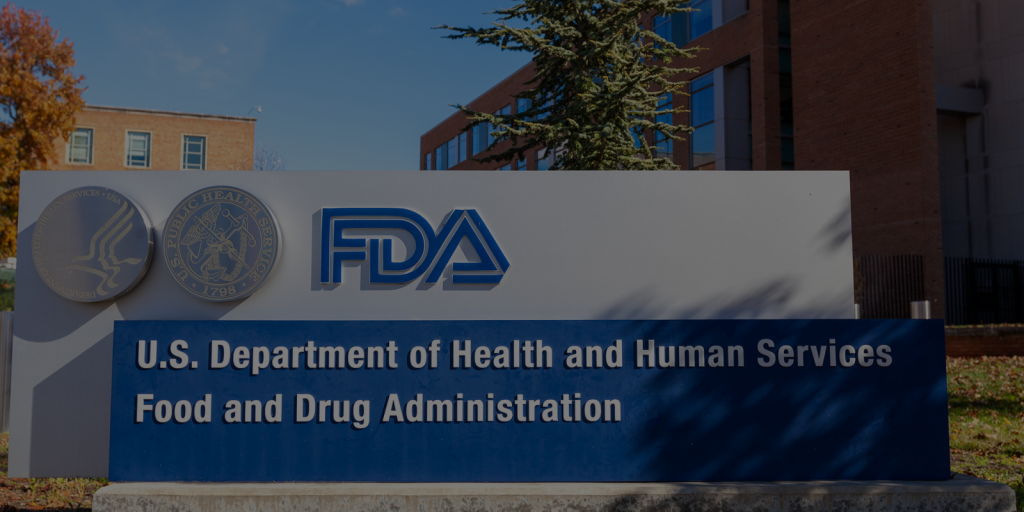I received what I believed to be a decent education from grades K-12 at my suburban Philadelphia school district. But my mother often supplemented class lessons with books, films, newspaper and magazine articles, due to the lack of diversity depicted in our schoolbooks and other materials.
I’m so grateful to have a mother who pushed me to not only to learn about my culture and history, but all cultures, long before Diversity, Equity and Inclusion (DEI) was a coined phrase. Exposure to my history in our household, and the history and culture of others, didn’t happen only on a day or specific month marked on the calendar but rather consistently, all year-long. It was this exposure at home, and the lack of a robust school curriculum portraying all cultures and their respective roles building the foundation for the American dream, that made me focus my college search on historically black colleges and universities.
I was fortunate to walk the hallowed halls and graduate from Morehouse College in Atlanta, Ga. Beyond spirited discussions with my mother and other family members continuously challenging me to exhaust my exploration of subjects before I made any decision, Morehouse had been my first formal “rite of passage” related to stronger cultural competence. I would now be among the many alumni who had walked the same halls and were lifting me up on their shoulders.
Following graduation, and prior to finding my home in the aging network, I constantly searched for the same DEI immersion that I had received at home and at Morehouse. It wasn’t until I had been in the aging network for a few years when my boss at the Bucks County Area Agency on Aging (AAA) recommended me to ASA’s New Ventures in Leadership (NVL) program.
I graduated from the class of 2009-10, and like my fellow alumni at Morehouse College, I now stood on the shoulders of many aging network leaders and other professionals who either supported the NVL program or were fellow alumni. The NVL program was like a second formal cultural scholarship “rite of passage” for me, and my only experience like it since undergraduate school. The program ran from 1994-2013 before ASA leadership had to make a tough decision to sunset the program to promote growth and sustainability.
The Evolution of a Leader in Aging
A lot has changed for me over the years! I was fortunate to eventually become director of the Bucks County AAA, the first AAA where I had started out as a care manager; I’ve received my master’s and doctorate degrees; I’m currently the President and CEO of the Philadelphia Corporation for Aging (PCA), the AAA for Philadelphia, Pa.; and I am a proud husband and father of four children (our fourth child having arrived a few weeks after I got back from NVL graduation … whew!).
I attribute my growth to my family, friends and mentors who continue to push me out of my comfort zone, and fellow alumni and giants from Morehouse College and the NVL program, upon whose shoulders I stand. I regularly keep in touch with several of my Morehouse “brothers,” as well as several of my “brothers and sisters” from the NVL program.
‘When your elevator hits the top floor, send it back down!’
I was elated when I learned that ASA would be rebooting the NVL program as the new ASA RISE program starting with the 2021-22 class. This reboot would include the resumption of pairing leaders in the aging network with ASA RISE fellows, the requirement to complete a project that will contribute to thought leadership or an innovation in service delivery, and include a selection of multidisciplinary fellows from across the nation.
Just as I received an opportunity to be immersed in a professional development curriculum that would strengthen my skills as an emerging African American leader (and expose me to other emerging BIPOC leaders with similar goals,) I was now excited for emerging leaders at PCA to have an opportunity for the same transformative experience that I had.
The ASA RISE Program curriculum is not only second to none compared to non-academic professional development programs focusing on the needs of BIPOC leaders, but the program provides a safe space for fellows to ask candid questions regarding development and growth as an emerging BIPOC leader, and will also create bonds between cohort members that will last throughout their careers. PCA has been privileged to have two staff members graduate from the program since its inception in 2021, and we will continue to support staff applications each year.
PCA staff members who went through the ASA RISE Program had this to say: “ASA RISE is a program that opens your eyes to the work that still needs to be done in reference to DEI and gives you a chance to connect with like-minded professionals from different areas and specialties who are committed to the same mission,” and “my RISE training has benefited our communities by allowing me to better identify and address biases that I may have missed.”
At a time when we are witnessing schools across the country removing books that expose our youth to DEI topics, programs like ASA RISE are needed more than ever. We all have a responsibility to embrace the diversity that makes this country so rich, ensure history is captured and taught accurately, and create paths for diverse leadership in our executive offices and boardrooms.
I often quote an older deacon at my church who once said, “when your elevator hits the top floor, send it back down!”
Just like those before me who sent the elevator down, it’s my turn now, and I hope those following me will do the same.
Najja R. Orr, MBA, DBA, is President and CEO of the Philadelphia Corporation for Aging and a member of ASA’s Board of Directors.
Photo credit: Shutterstock/UfaBizPhoto













